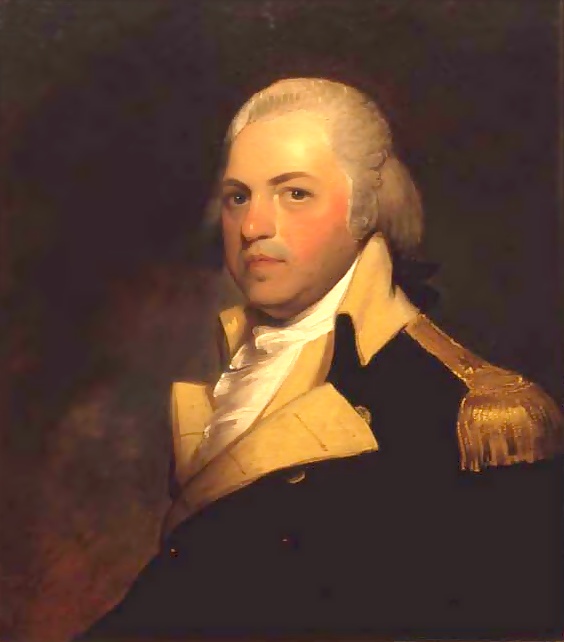Now you tell me that Lincoln was using the army to fight and 'free the slaves' and to rid the nation of the pro-slavery Constitution."
Total rubbish.
In fact, "Contraband of War" was never a constitutional issue.
"Contraband" was universally recognized, had been declared by the US military in previous wars/operations and indeed was practiced by Confederate Armies themselves, whenever outside Confederate states -- including the grabbing of any African Americans whether fugitive slaves or not.
Union Army seizure of contraband was made lawful on August 6, 1861 with passage of the First Confiscation Act.
The Second Confiscation Act of July 1863 went further, authorizing trials against Confederate officials for treason & rebellion, confiscating their property, including slaves.
Point is: contraband was a normal, expected part of war and practiced with gusto by Confederates outside the Confederacy.
Yes, the path from "contraband" to emancipation proclamation to 13th amendment was somewhat slow, but also inexorable during Civil War.
jeffersondem: "Arguably, Lincoln was fighting to free the slaves and the Gulf of Tonkin incident was just a pretext.
I meant to say the Fort Sumter incident."
Or, you might as easily have said, "that little incident at Pearl Harbor, just an excuse."
But it was far more than "excuse" because, like Pearl Harbor, Fort Sumter established the material fact of war against the United States.
Jefferson Davis's attack, as provided in the 1792 Militia Act, authorized Lincoln to call for troops -- according to the act:
- "...whenever the laws of the United States shall be opposed or the execution thereof obstructed, in any state, by combinations too powerful to be suppressed by the ordinary course of judicial proceedings..."
Those are the exact words of Lincoln's April 16, 1861 "Proclamation Calling Militia and Convening Congress"
So, our Lost Causer claims that Lincoln's actions were unlawful or unconstitutional are just nuts.
They weren't.
They were in accord with the same 1792 Militia Act used by President Washington to suppress the Whiskey Rebellion in 1794.
Washington's 1794 army was 13,000 strong, equivalent in our population then to the 75,000 Lincoln called in 1861 (but fewer than the 100,000 Confederates called up in March '61).
October 3, 1794 -- President Washington reviews US troops in Harrisburg, PA on their way to suppress the Whiskey Rebellion.
Washington next rode to Cumberland, Maryland where he placed Virginia Governor Henry "Lighthorse Harry" Lee in command of his army to suppress the Whiskey Rebellion
"Lee", there's an interesting family name, seems eager to suppress rebellion in Pennsylvania, but what about in Virginia?


